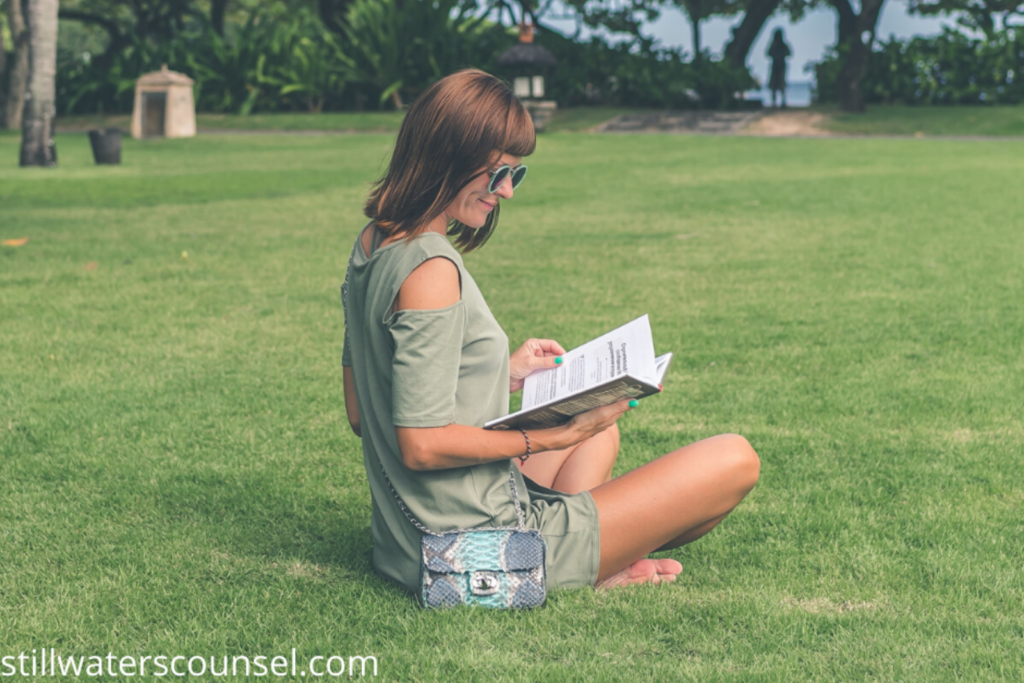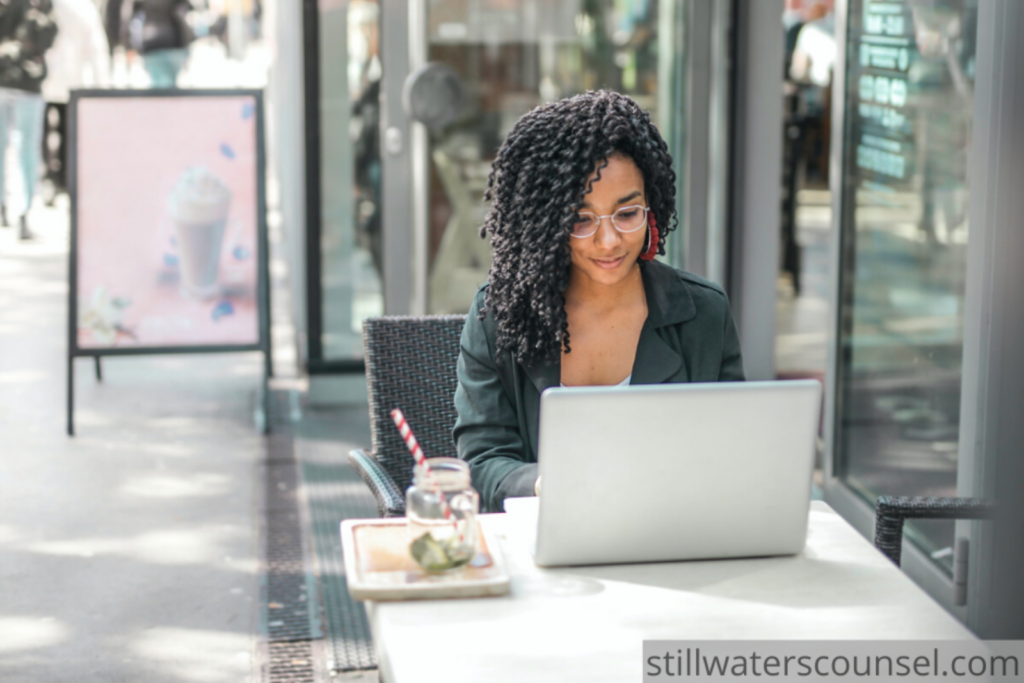As communities around the world are opening up post-quarantine, it may feel daunting to immerse yourself in the world again.
According to the Kaiser Family Foundation, about 45 percent of Americans claim that the current pandemic has been detrimental to their mental health. I think it’s safe to say that even on a global level, COVID-19 has left an indelible imprint on millions of lives. Here are some actionable steps you can take to cope with life post-quarantine:
Make your existing circle stronger
Don’t forget the power of connection. Check in on friends and family. It can be easy to get caught up in your old work routine or spend hours on social media, scrolling through posts but nothing can replace existing bonds, especially as we’ve spent a significant portion of the last few months self-isolating. Reconnecting with loved ones may help with managing the complexities of this new post-Covid landscape and having the reminder that you’re not alone helps foster a feeling of community.

It’s okay to say ‘no’
Even though things are opening up, you are not obligated to attend social events that make you feel uncomfortable. Saying ‘no’ is part of maintaining boundaries for yourself and other people. There are still several unknown factors about this virus, but it does seem likely that large gatherings may contribute to the spread of COVID-19. You should never feel guilty about wanting to keep yourself safe and healthy.
Make a difference from your home
In addition to the virus, many people are starting to come to terms with inequalities in their own communities. This can be jarring for some, while enlightening to others. Carving out time to read about other’s experiences and uplifting their voices can help reinvigorate passion for social causes and may assist in overcoming feelings of powerlessness.

Being mindful of your fear and anxiety
There’s no way around it. Until there’s a vaccine available, there is always the possibility of contracting Coronavirus. When you encounter fearful stimuli like seeing a group of people or someone not wearing a mask, take a moment to recognize your fear and the emotions the stimuli is eliciting and use that moment to intentionally ground yourself. Are you in imminent danger? Most likely not. Using rational and logical thinking and not reacting purely on emotion may help build resilience to these fears.
Stay informed but consider limiting social media
Social media is a powerful tool that can be used to strengthen relationships and stay in the know about world events. However, it isn’t infallible to spreading false information or igniting contention between friends. Prioritize your mental and physical health. Keep working on personal goals. Time will continue to pass, so keeping yourself busy with a routine will help make the time pass by easier.

Talking out your feelings
There’s nothing wrong with talking out your feelings. In fact, verbalizing your thoughts can help you mentally process events that have happened and help you gain clarity. Having a trusted therapist to speak to can be beneficial to cope with current events in your professional and personal life.
If you’re struggling with anxiety, depression, or feelings of trauma during the pandemic, then I want to let you know that you’re not alone. There is nothing wrong with needing to vent in a safe and confidential space. If you’d like a helping hand, you can contact me through my easy booking system and set up a free consultation here with me to determine if we’re a good match.

Leave a Reply